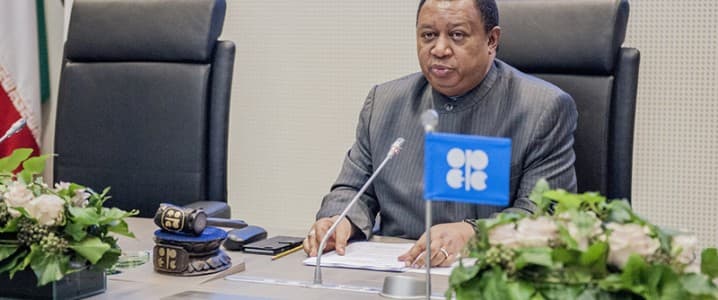
“Energy affordability, energy security and the need to reduce emissions require a delicate balancing act, comprehensive and sustainable solutions, and with all voices heard, and listened to,” Barkindo said virtually during the 2022 edition of Nigeria International Energy Summit (NIES) in Abuja.
“Focusing on only one of these issues, while ignoring the others, can lead to unintended consequences, such as market distortions,” OPEC’s secretary general added.
“Public discourse around energy, climate and sustainable development has become increasingly noisier and more forceful” in recent years, Barkindo noted.
The oil and gas industry needs predictable investment and “the right enabling environment in addressing global energy needs,” according to a readout of his speech published by OPEC.
Specifically for Africa, the lack of oil and gas investments because of the green shift would be “a tragedy” for the continent if Africa’s vast oil and gas resources were to become stranded.
Over the past few months, the world saw first-hand what fossil fuel shortages could be like. Government priorities turned from actions to reduce emissions in the long term to addressing the immediate energy crunch, soaring energy bills, and catering for the near-term energy security.
Global annual upstream spending needs to increase by as much as 54 percent to $542 billion if the oil market is to avert the next supply shortage shock, Moody’s said last year.
Upstream oil and gas investment must rise to the pre-pandemic levels of around $525 billion per year through the end of the decade so that the industry can ensure a demand-supply balance, Saudi Arabia-based International Energy Forum (IEF) and IHS Markit said in a report in December.